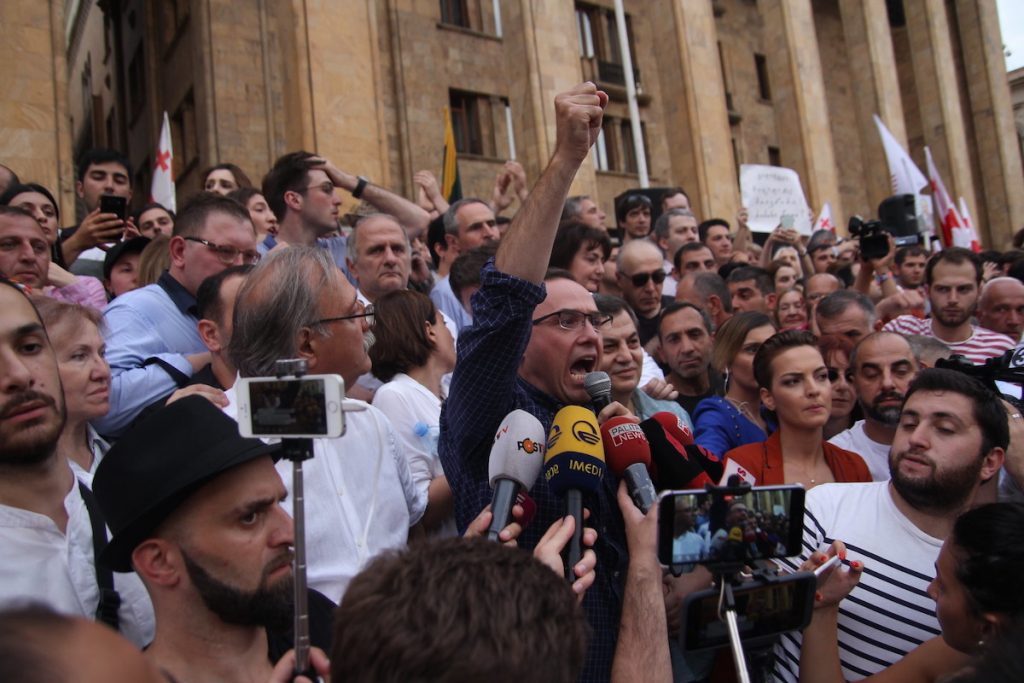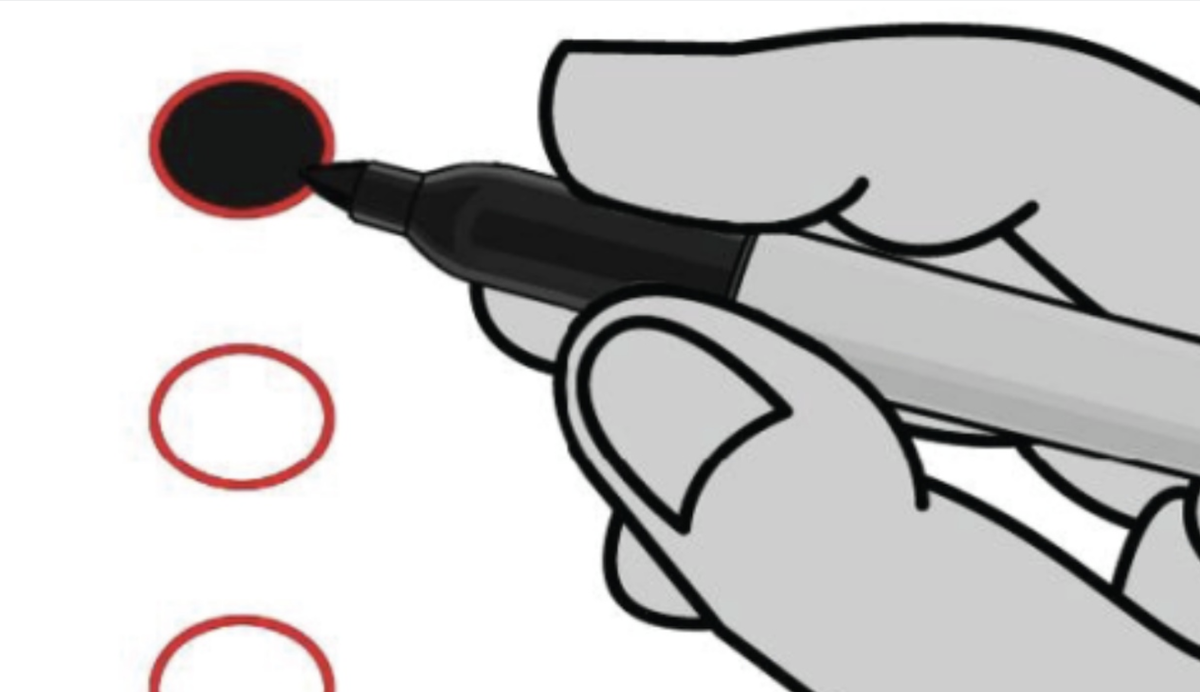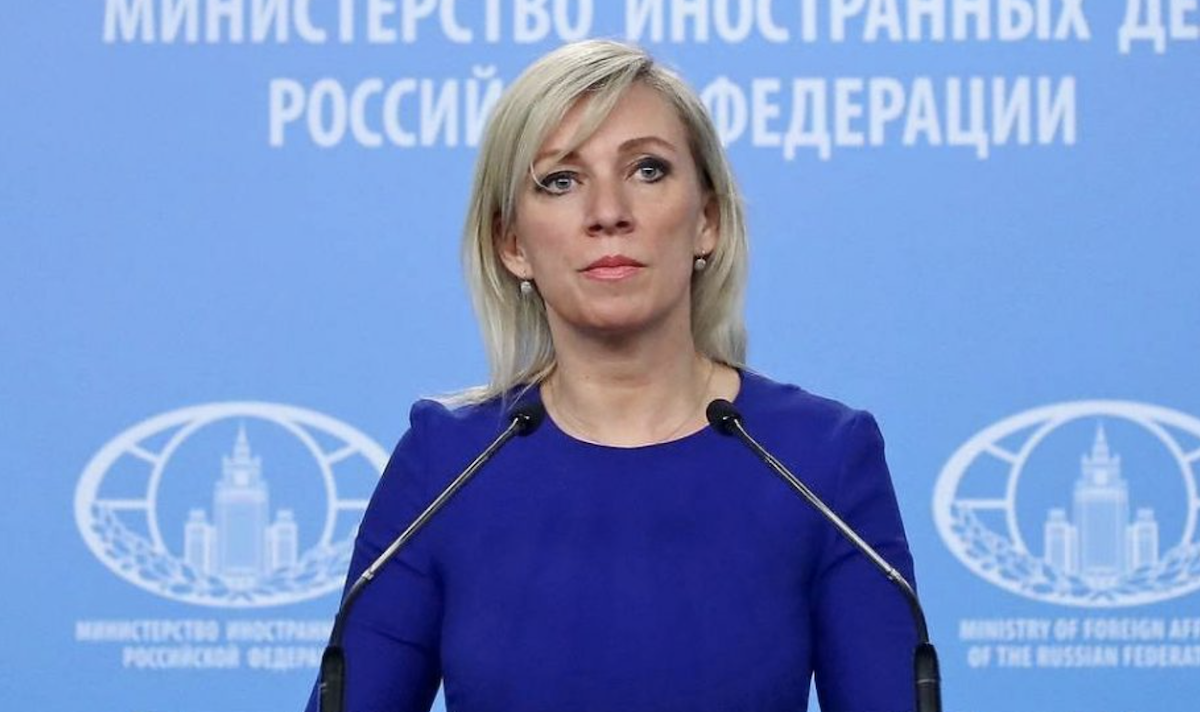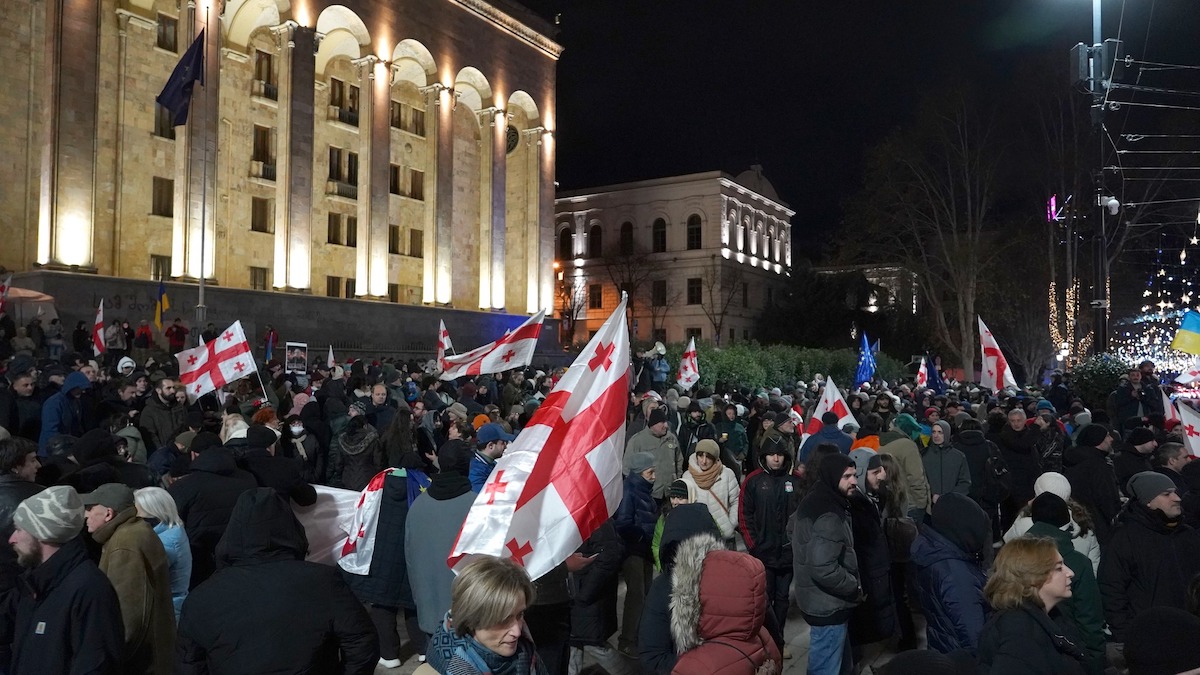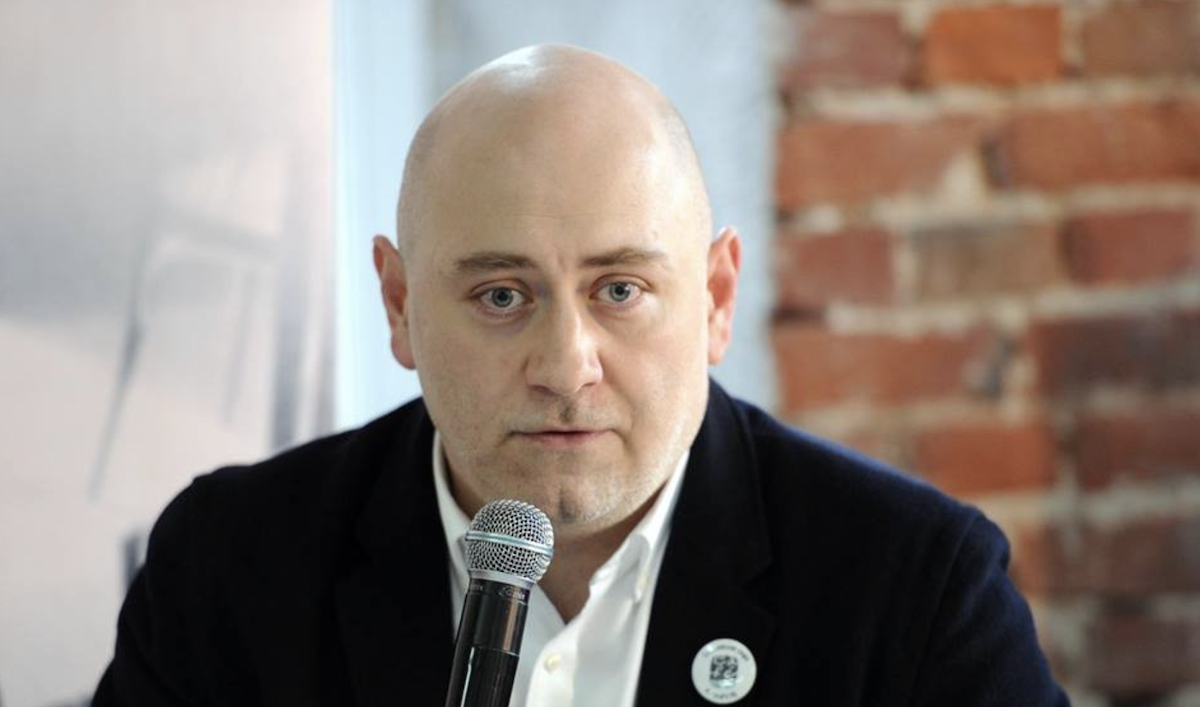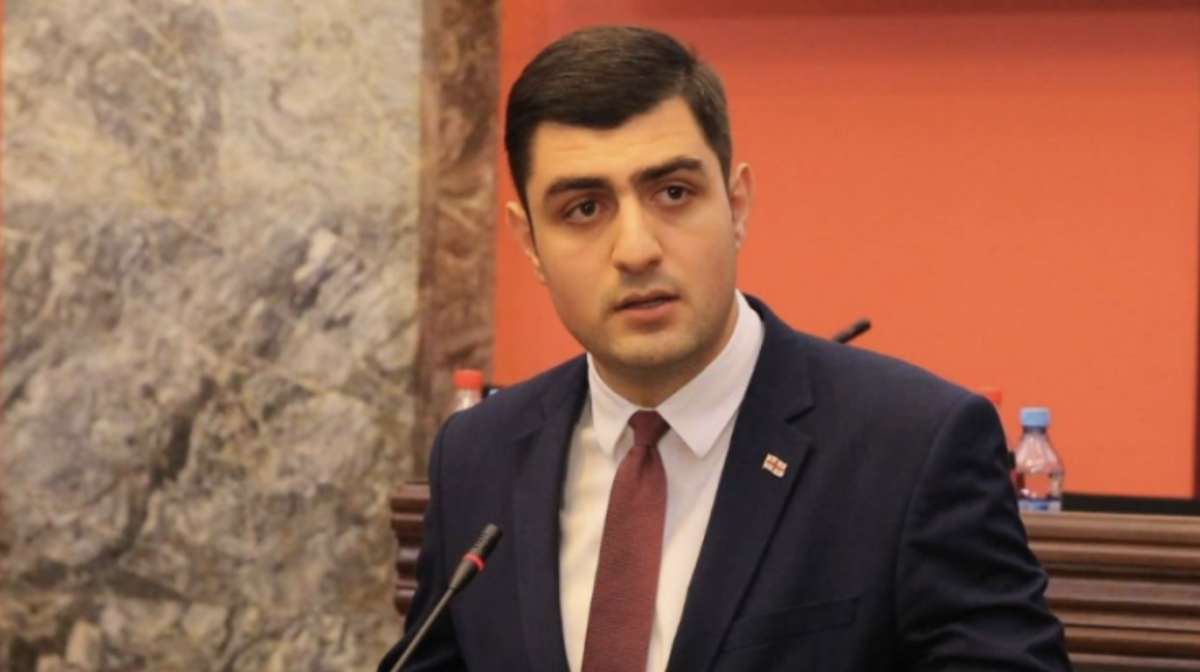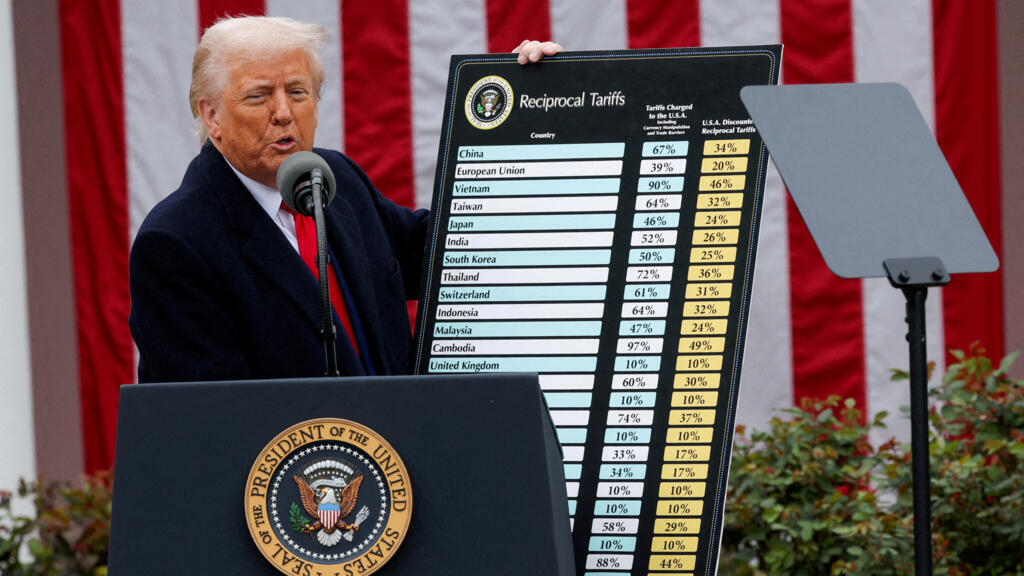Share














Most read

Latest news in Georgia, Armenia, Azerbaijan, summary. Live
'Garegin II could declare himself Catholicos-in-exile' - debate in Armenia
Could Azerbaijan join Trump-initiated ‘Board of Peace’ for Gaza?
Opinion: 'Armenia is returning to space it was pushed out of'
'Military escalation unlikely, but risks remain' — Armenian Foreign Intelligence Service report
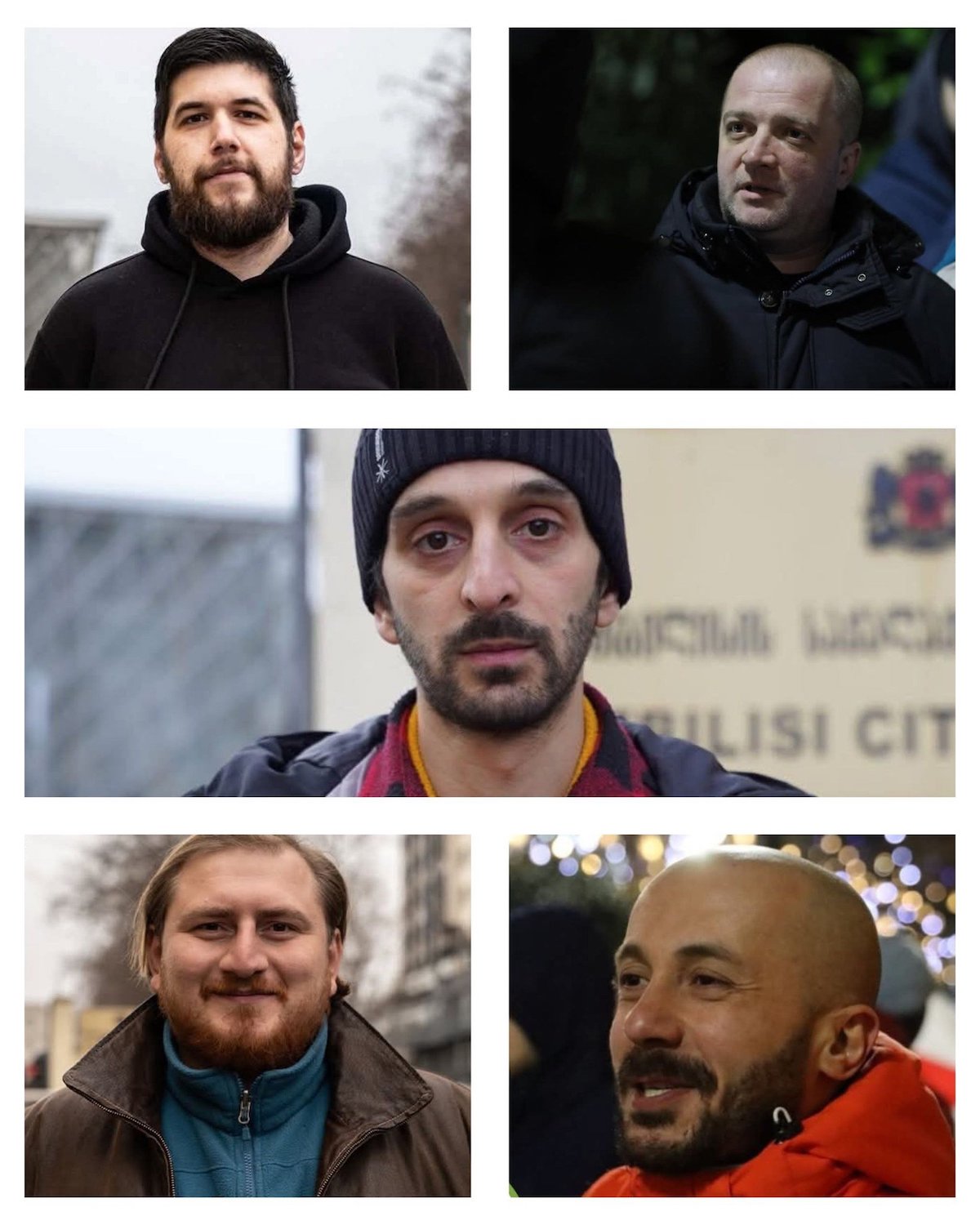
Transparency International says arrests over pavement protests in Georgia violate the constitution
ECHR begins examining complaints over Georgia’s parliamentary elections
Russia says Georgia maintains ties with Moscow despite external pressure
Georgia makes first arrests of protesters for standing on pavement
Latest news in Georgia, Armenia, Azerbaijan, summary. Live




